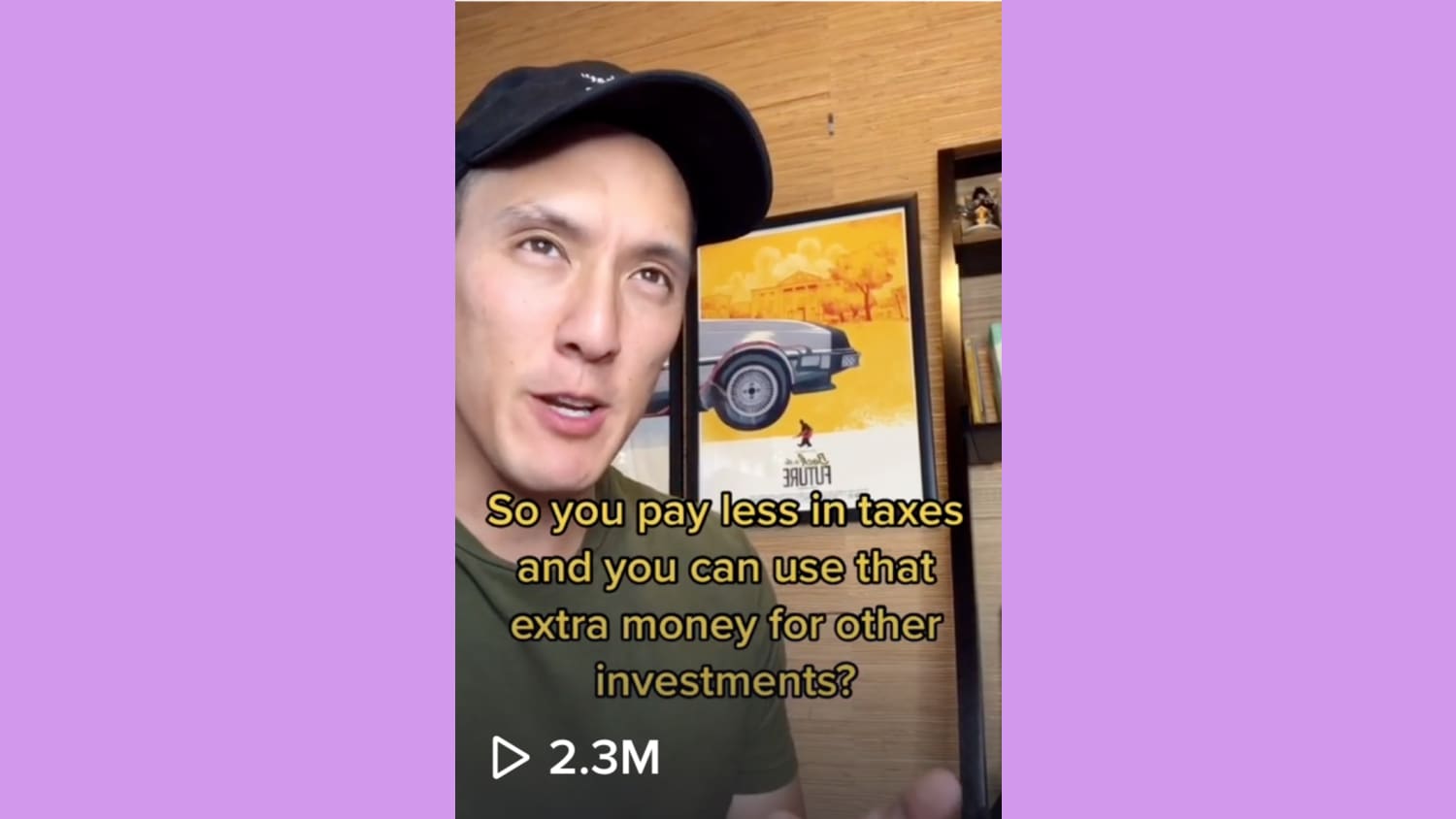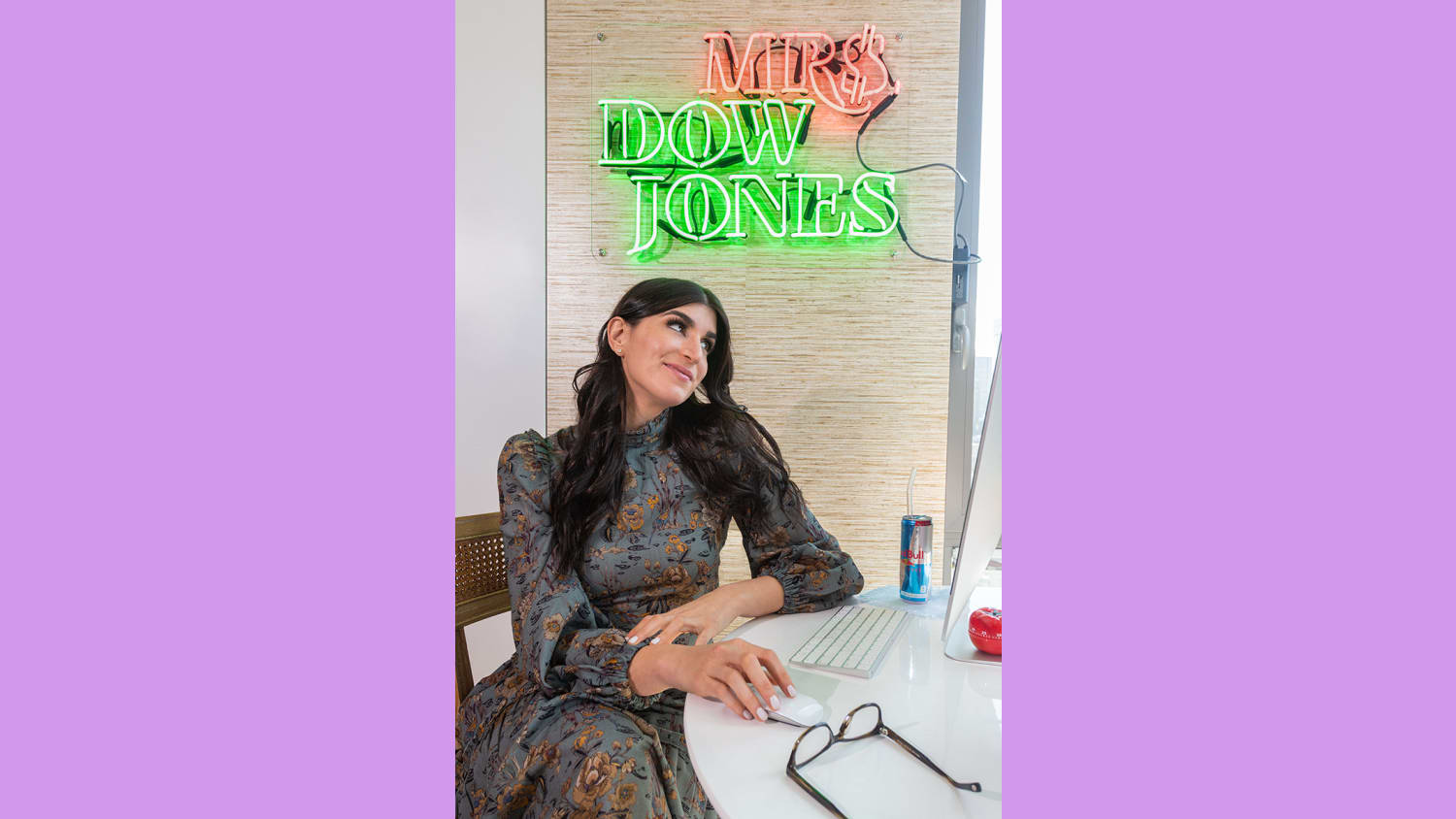Gen Zers are using TikTok and YouTube as a way to learn about personal finance, turning to a rising class of financial influencers for guidance.
Finance influencers—aka finfluencers—are making finance cool for younger generations.


Their popularity is exploding: finfluencers including Humphrey Yang, Tori Dunlap and Ryan Francis all have follower counts in the hundreds of thousands—Yang has over a million on TikTok. They offer advice on credit, taxes and budgeting, and field questions such as how to invest as a young person and whether it’s smarter to buy or lease a car.
The pandemic is increasing this trajectory. Ryan Scribner, a financial YouTuber with 680,000 subscribers as of January 2021, told WWD in April 2020 that his viewership increased fourfold for his videos covering coronavirus-related topics. Jamie Fankhauser, a recent business management graduate, started her finance TikTok account in May 2020 and by December had over 30,000 followers and nearly 115,000 likes. Her videos cover topics from the stock market and savings to entrepreneurship.


In April 2020, Haley Sacks—the Instagram influencer known as Mrs Dow Jones—announced a new eight-week program to help gen Zers navigate and manage their finances during the pandemic. Weekly themes included jobs, personal finance, healthcare and taxes. “There’s so much interest for financial information from people who normally ignore it,” she said. “There’s so many questions about the future of people’s careers, and how they will make money, and how to manage the money they have now.”
In the United States, unemployment rose to 14.7% in April 2020, the highest it’s been since 1940. Job losses are hitting young people the hardest: in spring 2020, the unemployment rate for Americans under 25 was 24.4%, compared to 11.3% for workers over 25. In the United Kingdom, unemployment among people aged 18-29 is predicted to reach 17%, the same rate as during the economic crisis of 1984, according to an October 2020 report by the Resolution Foundation think tank. Amidst this recession, Gen Z audiences are educating themselves to be more financially resilient—and are crowning a new league of finfluencers in the process.
Please provide your contact information to continue.
Contenuto correlato

On Safer Internet Day, VML Belgium and Child Focus Unveiled The Unwearable Wardrobe

